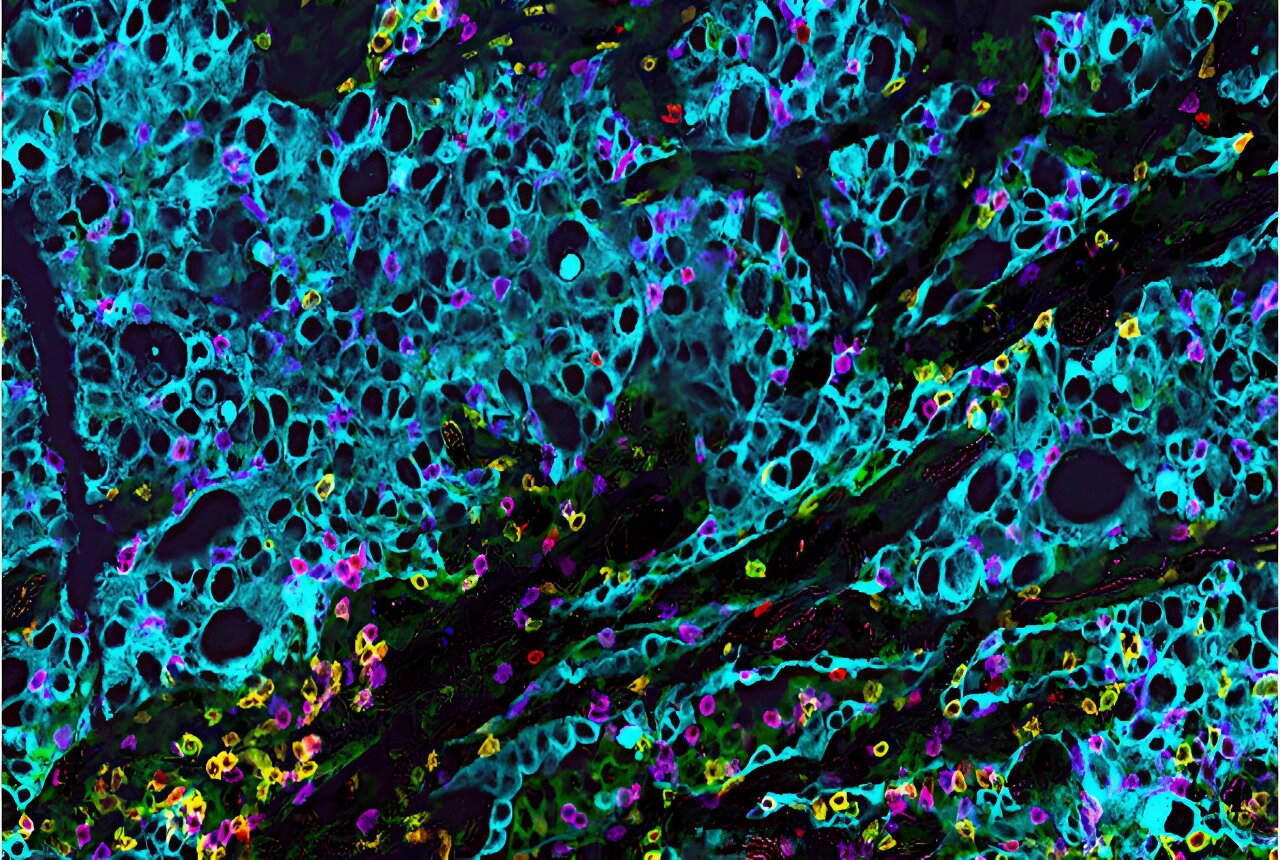Short-term menopausal hormone therapy (MHT) did not have long-term cognitive effects when given to women in early postmenopause, according to a study published November 21 in the open-access journal PLOS Medicine by Carey Gleason from the University of Wisconsin-Madison, USA, and colleagues.
While MHT can offer relief from the challenging symptoms of menopause, many women and doctors are hesitant to start MHT due to safety concerns. Previous research has linked one form of hormone therapy to mild cognitive impairment and dementia in women older than 65 years of age, prompting research on the importance of age and timing of therapy on cognitive impairment. Other studies have suggested that transdermal estrogen may have long-term cognitive benefits.
In the Kronos Early Estrogen Prevention Study (KEEPS), women in early postmenopause with good cardiovascular health were randomized to receive one of two types of MHT (oral or transdermal estrogen) or placebo. At the end of four years, no cognitive benefit or harm was seen in those who received MHT compared to the placebo group. However, long-term cognitive effects of MHT are still understudied.
In this new follow-up study — the KEEPS Continuation Study — researchers revisited participants nearly ten years later to repeat a series of cognitive tests. Among 275 women, although MTH failed to protect against cognitive decline, short-term MHT also had no long-term negative cognitive impact.
These findings may offer reassurance to women considering MHT while adding to the growing body of research supporting the importance of timing for MHT. More research is needed to investigate whether these results are generalizable to women with higher cardiovascular risk.
The authors add, “For women in menopause and the health care providers caring for them, getting direct, clear and evidence-based information about menopausal hormone therapy is challenging. And they need data to guide their decisions.”

